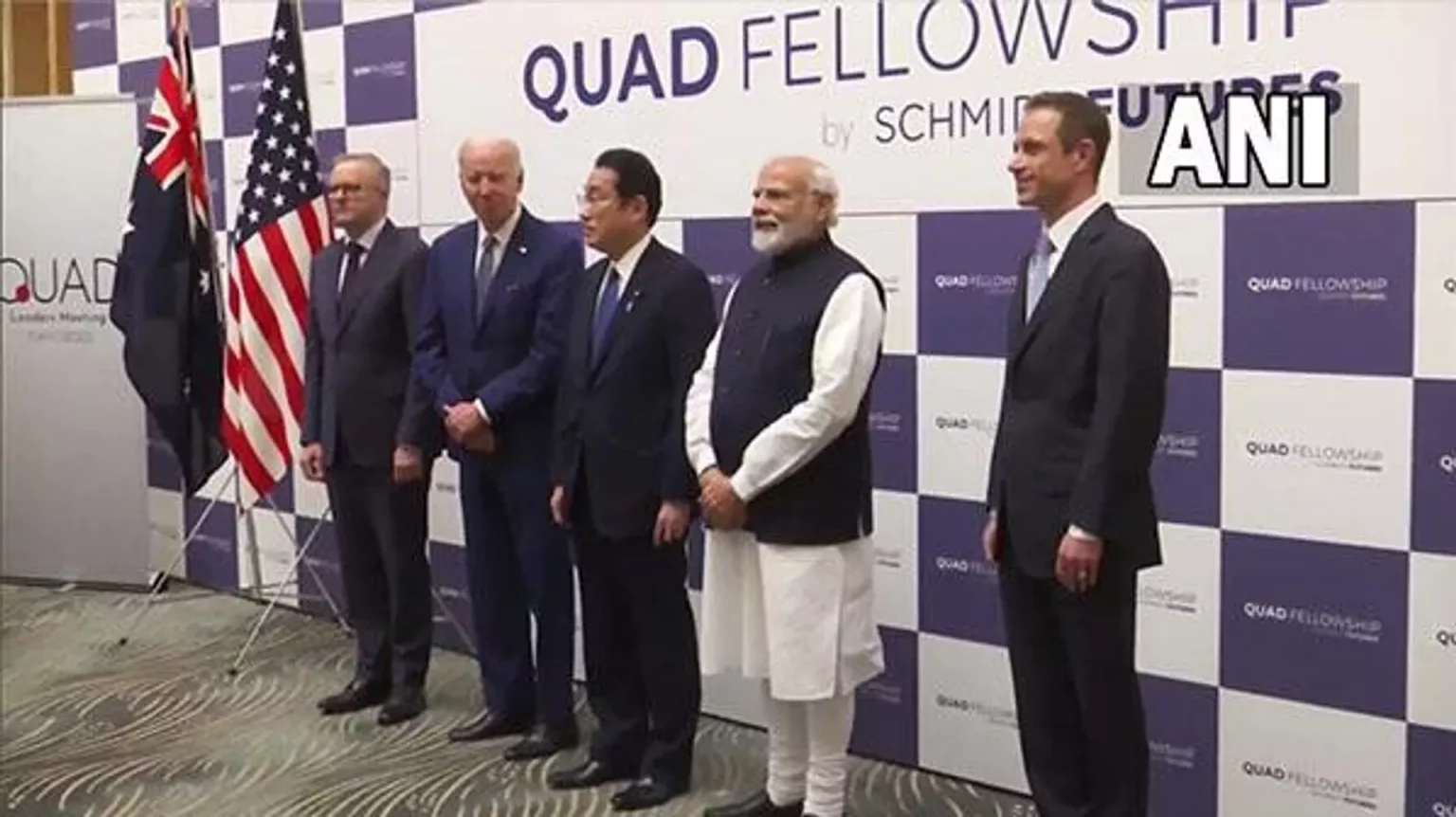The leaders of the Quad grouping — Australia, India, Japan, and the US— have vowed to intensify cooperation in dealing with climate change as well as maritime domain awareness, with a particular focus on the Pacific Island nations.
Addressing his counterparts at the second in-person Quad Leaders’ Summit in Tokyo on Tuesday, Australia’s new Prime Minister Anthony Albanese remarked that his government would “bring more energy and resources to securing the region” as it enters “a new and more complex phase in the Pacific’s strategic environment”.
The remark comes amid concerns expressed primarily by Australia and the US over the new security pact between China and the Solomon Islands, which was unveiled last month.
Albanese has previously blamed the deepening security ties between Beijing and Solomon Islands on “funding cuts” in assistance to Pacific nations by Canberra’s outgoing government headed by Scott Morrison.
The Australian PM told the other leaders that Canberra will commit an additional half a billion dollars on top of its existing funding as assistance to the Pacific nations, a pledge which was first made during the Australian federal election campaign.
“We will act in recognition that climate change is the main economic and security challenge for the island countries of the Pacific,” Albanese further said in his opening remarks at the leaders’ meeting.
He also announced a “new target” to reduce Australia’s Greenhouse Gas Emissions (GHGs) by 43 percent by 2030, as compared to their 2005 levels.Furthermore, Albanese remarked that the new Australian government’s approach towards the Quad “will not change”.During his turn, Japanese Prime Minister Fumio Kishida urged the conference’s participants to listen to the “voices of Asia”.
“We should listen to the voices of the countries in the ASEAN region, South Asia as well as the Pacific so as to further advance cooperation in solving issues facing the region,” stated the Japanese PM.
Indian Prime Minister Narendra Modi also flagged climate change as a key area of “coordination” for the Quad grouping, which he described as a “force for good” in the region.
“Our mutual cooperation at the Quad level is giving a boost to a free, open and inclusive Indo-Pacific region, which is the common objective of all of us,” said Prime Minister Modi.
“Quad is carrying a constructive agenda for the Indo-Pacific region,” the Indian PM added.US President Joe Biden remarked that that the Quad’s importance has been “heightened” by the conflict in Ukraine
As per a “fact sheet” by the White House, the four nations will “broaden and elevate” their cooperation on climate change in the coming months by holding regular meetings of the transport and energy ministers of the four nations.
“The Quad leaders will launch further efforts on green shipping, energy supply chains, disaster risk reduction, and the exchange of climate information services,” it said. The official document also noted that the Pacific nations are “particularly vulnerable” to the effects of climate change
New Maritime Domain Awareness Initiative
The four countries also launched the ‘Indo-Pacific Partnership for Maritime Domain Awareness (IPMDA)’, which the government say will “transform” the ability of smaller nations in Pacific Islands, Southeast Asia and the Indian Ocean Region (IOR) to “monitor” their waters.
“The Quad countries are committed to contributing to the region’s maritime domain awareness — a fundamental requirement for peace, stability, and prosperity—through an investment in IPMDA over five years,” an official release stated.
The four governments said that the new initiative will help combat “dark shipping” in the Indian and Pacific Oceans. The governments have also said the IPMDA will facilitate “information sharing” between the India-based Information Fusion Centre-Indian Ocean Region, the Information Fusion Centre in Singapore, the Pacific Islands Forum Fisheries Agency in the Solomon Islands, and the Pacific Fusion Centre, based in Vanuatu, the South Pacific Ocean nation.
Source: Sputnik



